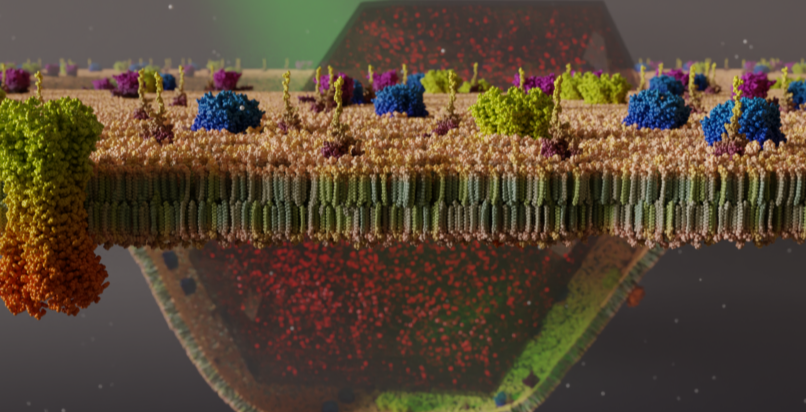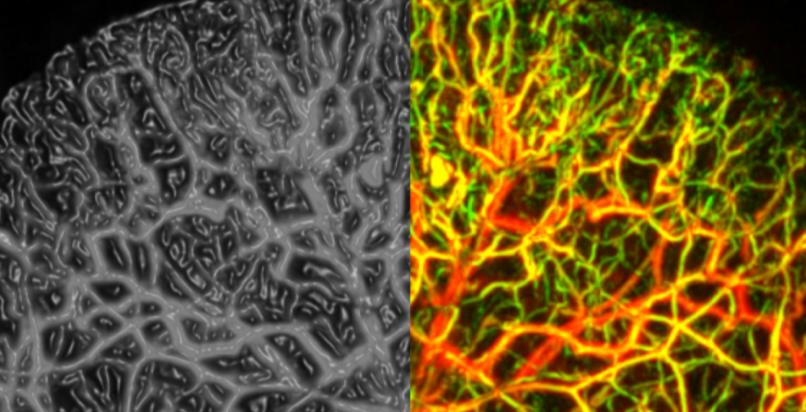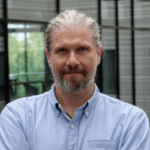Research areas
Physical Biology
The interplay between physical and life sciences is essential to unlock many of the outstanding big challenges in living systems. Important outstanding questions in modern biology require a fully quantitative approach, starting from the experimental methods, the substance and robustness of the data, and physically-grounded models. Developing new experimental methodologies, from single molecule microscopy to microfluidics, and modelling approaches, from analytical (developing statistical mechanics, soft matter physics or dynamical systems) to computational, we aim to understand how biological processes interact across many scales, for example in development, and to understand how perturbation of these dynamic processes contributes to disease. Some of the specific systems we explore are virus and bacterial infections, malaria, physical aspects of the lung and associated respiratory diseases. We are leading the Centre for Physical Biology in Cambridge which brings together the community across the University.

A 3D rendering depicts the process of endocytosis, whereby the cell membrane deforms to engulf the nanodiamond Credit: Jack Hart
Precision Health
We are now entering a new era of precision health, which shifts towards proactively preventing and managing the earliest signs of disease at the level of the individual, rather than simply responding to manifest symptoms. Delivering on the promise of precision health requires a paradigm shift in biosensing and imaging, with advances in both physical sensing hardware and quantitative methods to robustly analyse and interpret the resulting wealth of data. We are leading the Precision Health Initiative in Cambridge to understand the broader impact of proactive medicine, including perspectives from biological, social and clinical sciences.

An image of a mouse ear taken with one of the photoacoustic imaging systems (where the individual blood vessels can be seen.) The grey half of the image has been changed digitally to mimic a phantom. Credit: Lina Hacker















